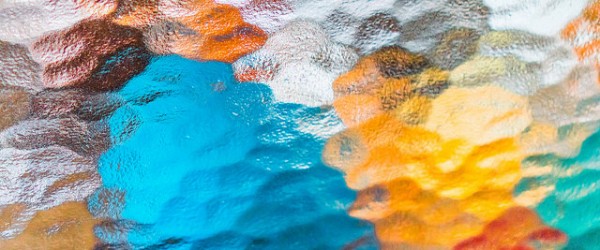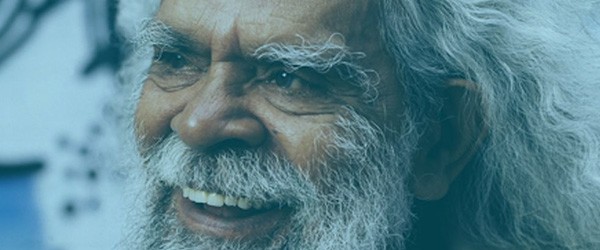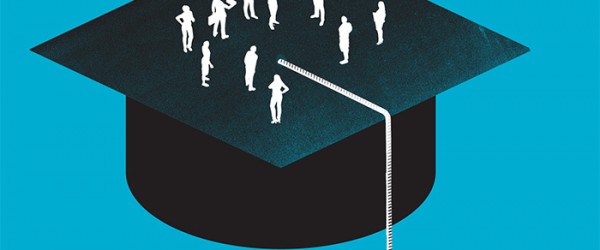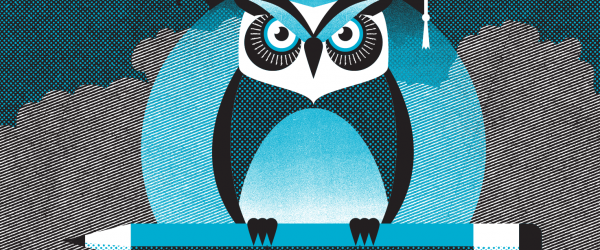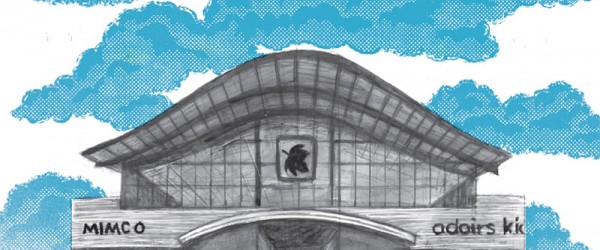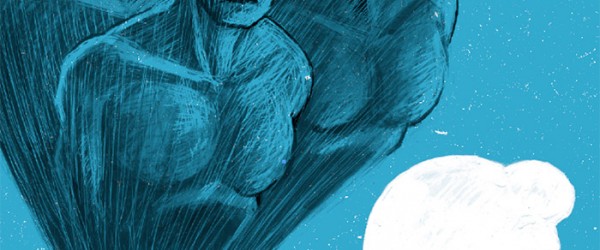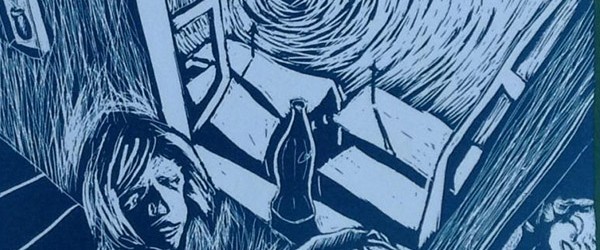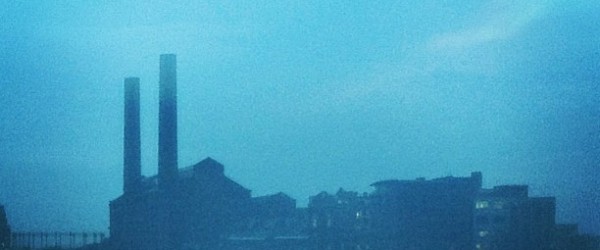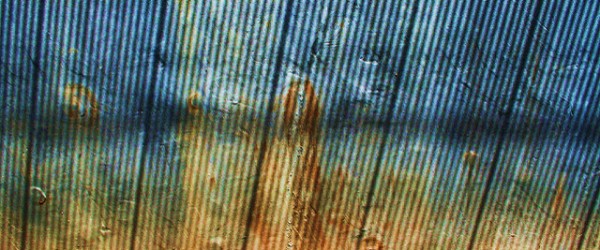
231 Winter 2018
Buy this issue

From Utopia to the West Bank, literature and class, how to teach writing, Gay Liberation after the postal vote and racism in the academy. Fiction by Paddy O’Reilly, Michelle Aung Thin, Josephine Rowe and Ben Walter, as well as thrilling poetry, including this year’s Nakata Brophy winner, Raelee Lancaster. Guest artist: Seth Tobocman.
Issue Contents
Regulars
Giovanni Tiso
Alison Croggon
Mel Campbell
Tony Birch
Features
Lisa Arrastia
Rajiv Thind
Chris Graham
Sahanika Ratnayake
Emmett Stinson
Archie Thomas
Juliana Spahr
Fiction
Josephine Rowe
Michelle Aung Thin
Ben Walter
Paddy O'Reilly
Poetry
Snow White: nomenclature
Online soon
Elizabeth Allen
Laurie Duggan
Mitchell Welch
Brenda Saunders
Justin Wolfers
Sarah Day
Claire Albrecht
Art
Seth Tobocman
Editorial
Jacinda Woodhead
Poetry Prize
Susie Anderson
Kirli Saunders
Raelee Lancaster
Jeanine Leane and Toby Fitch
Browse the issue:
Features
Poetry

Snow White: nomenclature
Art
Editorial

